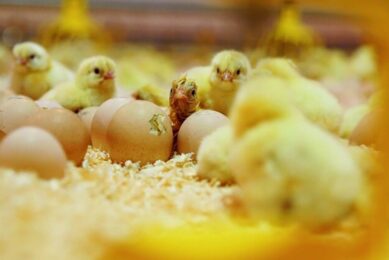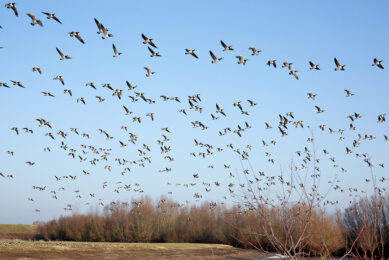Imports harming Zimbabwe poultry industry
Chicken imports have flooded the Zimbabwe market barely a month after an import ban was lifted creating a stock pile of more expensive locally produced chicken.
Local chicken farmers have said the cheap imports are pushing them out of business. At the same time, consumers say they realistically cannot be expected to pay almost double just to support local farmers. When Government banned imports of animal products in March, chicken prices shot to between US$4 and US$5 per kg. Imports are now selling for roughly US$2 per kg.
Poultry consumers
Zimbabwean consumers say the imports from South Africa, Brazil and Turkey are not as tasty as local produce but they cannot afford what the Zimbabwean farmer is giving them.
Members of the Zimbabwe Poultry Association now have with tonnes of chickens they cannot sell. Many have to repay finance facilities they accessed to produce the birds and the money is just not flowing in.
Solomon Zawe, the ZPA chairman, explains that it costs US$2,85 to rear one chicken in Zimbabwe. On the other hand, it costs just US$1 in Brazil.
Broiler production cost
The 2009 Poultry and Products Annual Report says while Brazilian poultry companies do not release production cost information, the estimated average cost of broiler production was about 85 US cents per kg at the time. And after all these comparisons and the realities of breeding in Zimbabwe, the ZPA blames some retailers for further pushing up costs.
Zawe says: “The problem is that the Government does not control the marketing of poultry products and retailers end up putting huge mark-ups to chicken. The wholesale price of a 2kg packet of chicken is US$4,15, but it is sold for up to US$9 in shops.”
Zawe believes that the great potential inherent in the industry is being stymied by imports. Day-old broiler chick production has increased from 700,000 per month in January 2009 to 3,1 million in March this year. The ZPA says 10,000 birds could be lost monthly if local producers are not protected.
Join 31,000+ subscribers
Subscribe to our newsletter to stay updated about all the need-to-know content in the poultry sector, three times a week. Beheer
Beheer








 WP Admin
WP Admin  Bewerk bericht
Bewerk bericht